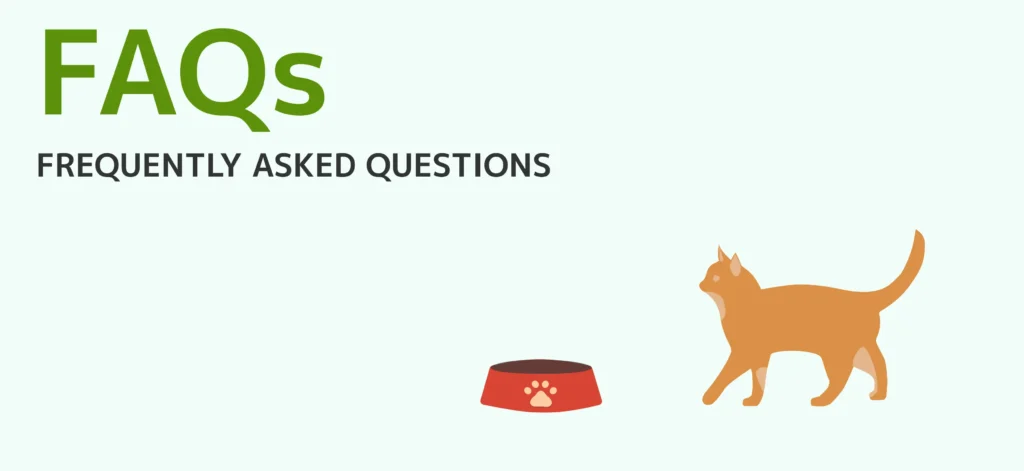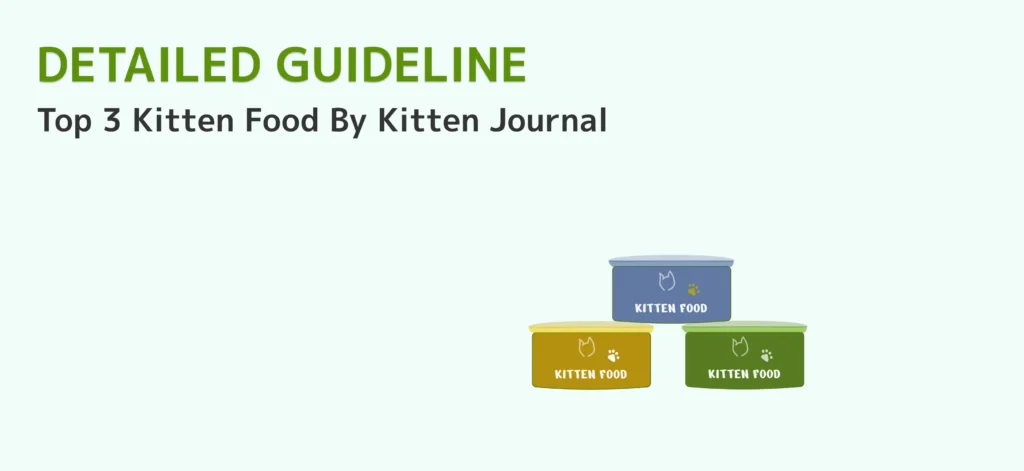How to stop my cat from meowing?
We independently research, review, and recommend the best products—If you buy something through our links, we may earn an affiliate commission.

Does your cat get vocal a lot? It must be annoying sometimes when they just start meowing without an obvious reason. Whether it’s a call for attention, a sign of illness, or simply a plea for companionship, understanding the reasons behind your cat’s vocalizations is key. In this article, we will reveal the mystery behind their vocalizations and provide practical solutions on how to address them effectively.
Why does my cat start meowing?
Cats can start meowing for various reasons. Here are the most common ones to better understand this behavior:
1. Illness:The first thing we need to do is rule out any medical condition. Your cat can be in pain from dehydration, hunger, or discomfort caused by a certain illness. They can only express and communicate their pain through meowing. Which needs to be addressed as soon as possible with your vet.
Cats can get very vocal when they’re stressed. Whether it’s a change in their environment, a new pet in the house, a newborn baby, or losing a close cat. Cats will express their emotions by meowing, and it takes some time and patience for them to pass away.
3. Multiple cats households:
Introducing a new cat to a multi-cat household can be challenging. Cats are more likely to accept new members when they are introduced at a young age (2–9 weeks). However, if introduced later, aggression between resident and new cats can develop, especially if stressful events occur during their interactions. Signs of aggression may include meowing, chirping, or growling. To manage this, identify the aggressor and provide them with a stimulating environment away from the other cats to help reduce aggressive behavior.
Aging can be painful sometimes for cats. This might come from joint problems, as it may also relate to cognitive dysfunction, which affects more than 55% of cats from 11 to 15 years old and more than 80% of cats from 16 to 20 years old, according to the ASPCA. You may notice signs like a change in appetite, sleep patterns, or acting disoriented and lost in familiar places or at night. Unfortunately, there is no current treatment for this. But there are ways that your vet can recommend to sooth these symptoms and slow their progression.
Cats can start meowing as their feeding time approaches. They can also start meowing just to get a bite whenever they see you grabbing some food. Don’t reward this behavior by giving them food right away. Always stick to their feeding schedule with the appropriate caloric portions throughout the day.
Your cat can be meowing to grab your attention. You may not have talked to them all day or given them the time of day. They may also want to go outside. If your cat is by itself all day at home, it’s natural that they’ll need some playtime or just companionship. Meowing is their way of communicating with hoomans and they don’t like to be ignored all day despite being independent.
Here’s our favorite reason why cats can get vocal, as it rules out at least any of the worrying issues above. When in heat, cats can get really noisy, whether it’s a female that wants to breed or a male that smells a female nearby in heat.
How to stop my cat from meowing?
1. Rule out any medical condition or obvious reason: First of all, rule out any medical issues, as we mentioned before. Also, make sure there isn’t something obvious they’re signaling, like being stuck somewhere or being out of water. Especially if they don’t usually meow at you, you might want to check on them.
2. Ignore their loudness, reward their calmness: After making sure of the above, you need to ignore this behavior as much as you can. Reacting to it will only reinforce it. Reward them instead when they’re quieter. If it’s loneliness, pet them when they become calm and quiet. Needless to say, it is important to spend some quality time with your cat to avoid such behavior in the first place. If they’re hungry, give them their portion according to schedule and when they’re calm. The more you reward them when they’re quiet, the more you’ll reinforce quietness and peacefulness at your house.
3. Avoid punishing your pet: And lastly, avoid screaming at them or hitting your cat when they start meowing. Not only is this method ineffective, but it will also quickly damage your relationship with your cat. Remember, our pet trust gets a thousand times harder when we have to earn it back.
Conclusion
Remember, tackling excessive meowing in cats requires a proactive and patient approach. Start by ruling out any medical conditions or confrontational issues. Then gently get them to understand that only by being calmer will they be rewarded, leading to a quieter and happier house once again.

Frequently Asked Questions
Refuse to give in. When it stops working, your cat will meow more and louder if they are accustomed to using meowing to obtain what they want. In other words, things will most likely become worse before they get better. If you continue to praise quiet behavior while disregarding meowing, ultimately they will learn the lesson.
Your cat may meow constantly at doors and windows if you’re attempting to move them from an indoor-outdoor lifestyle to an indoor-only one. A cat finds this to be a challenging adjustment, and it may take several weeks or even months for the meowing to cease.
Cats can have a very strong attachment to their caretaker, so when they are left alone, they can get distressed. Your cat may vocalize or meow excessively if it is confined to a room and unable to reach you. In more extreme situations, your cat can experience anxiety when left alone due to separation.



